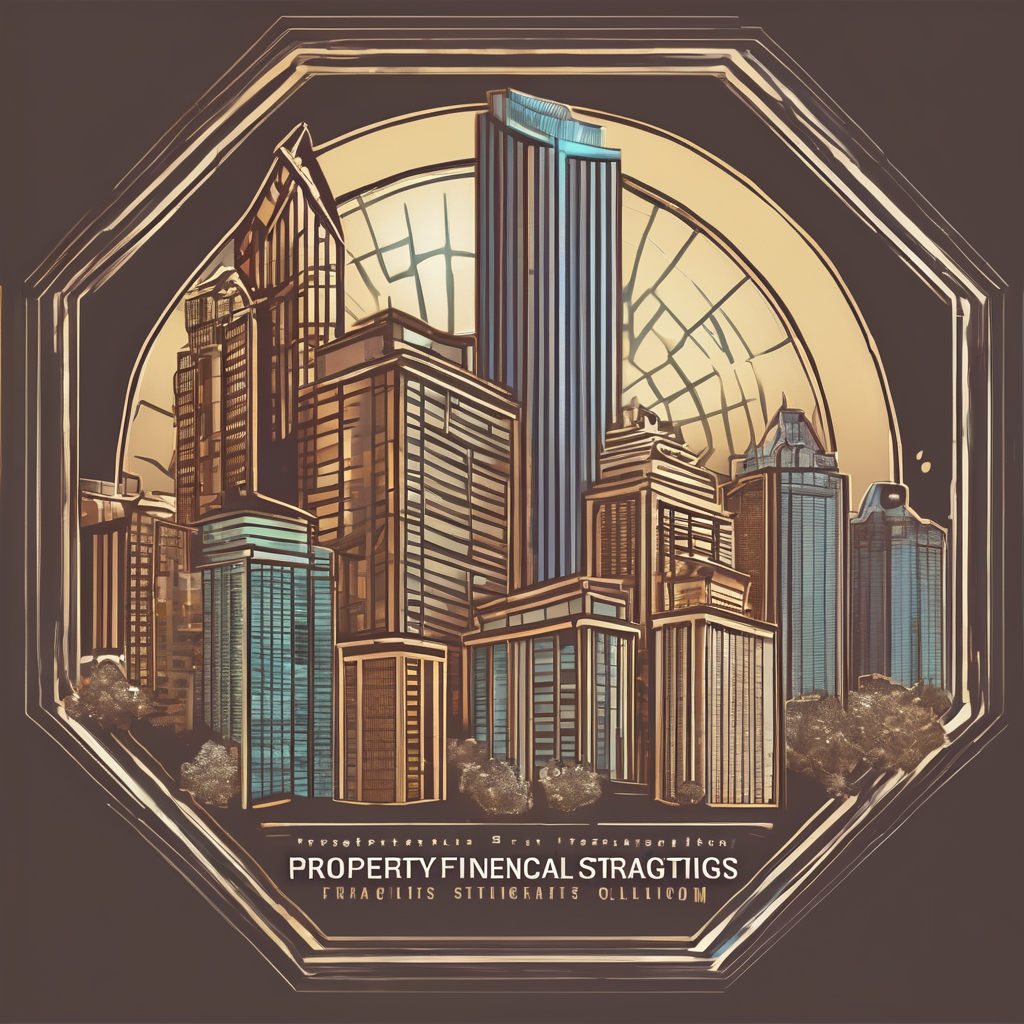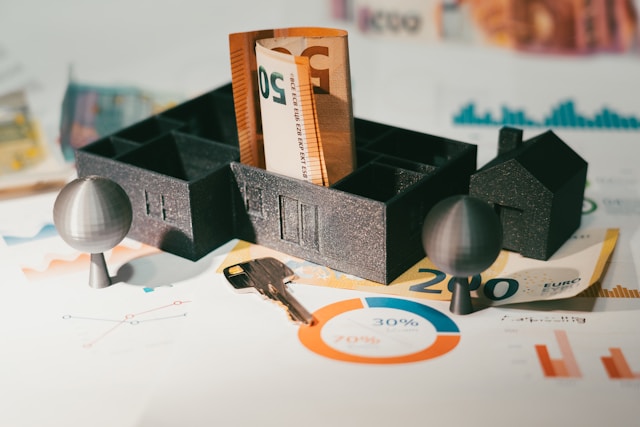In the realm of the UK rental market, the integration of smart technology is increasingly becoming a game changer. Traditional landlords are gradually transforming into digital landlords. This shift is not just about staying on the cutting edge of technology, but it also presents a myriad of benefits for both landlords and tenants. From energy efficiency to enhanced security, smart home systems offer a wealth of advantages for property owners, which ultimately translate into higher rental yields and happy tenants. In this article, we delve deeper into the world of smart home systems in rental properties.
Enhancing Energy Efficiency and Reducing Costs
Energy efficiency is a key concern for landlords and tenants alike. As a landlord, you are responsible for providing an Energy Performance Certificate (EPC) to prospective tenants. This legal requirement gives tenants insight into the energy efficiency of a property, directly affecting its rental appeal.
En parallèle : What are the potential impacts of upcoming UK infrastructure projects on local property markets?
Smart technology can significantly improve the energy efficiency of a house or flat. For instance, smart thermostats allow tenants to control heating remotely, reducing energy waste and therefore lowering utility bills. Similarly, smart lighting systems can also be programmed to turn on and off at set times, preventing unnecessary energy consumption.
An energy-efficient home is not just good for the environment, but it also holds financial benefits for both landlords and tenants. Tenants are more likely to rent, and stay longer in, a property that is energy efficient, as this means lower gas and electricity bills. For landlords, an energy-efficient property is more appealing to potential tenants, which can reduce vacancies and boost rental income.
Sujet a lire : What are the crucial factors for success when entering the UK’s commercial property market now?
Ensuring Greater Security
One significant advantage of smart technology in rental properties is enhanced security. Smart security systems include features such as security cameras, door and window sensors, and smart locks, all of which can be controlled remotely. These features provide an added layer of protection, making the property more appealing to potential tenants and giving landlords peace of mind.
For tenants, the ability to monitor their home remotely can provide a sense of security. For example, they can check if they remembered to lock the front door or monitor their home while they’re away. For landlords, smart security systems can also protect their property from damage, reducing the likelihood of costly repairs and insurance claims.
Increasing Property Value
Installing smart home systems can significantly increase the value of a property. According to a study by Imperial College London, homes equipped with smart technology can increase in value by up to 5%. This is a significant increase, especially in the competitive UK property market.
Additionally, offering a property with smart home systems can set it apart from others on the market. These smart properties are more appealing to the new generation of tech-savvy tenants, who are willing to pay a premium for these additional features. As a result, landlords can demand higher rents, enhancing their return on investment.
Streamlining Property Management
Smart home systems can also streamline property management. For instance, smart meters can provide real-time information on energy usage, making it easier for landlords to monitor and manage the property’s energy consumption. This not only helps to keep energy costs under control, but it also simplifies the process of calculating utility bills if these are included in the rent.
Likewise, a landlord can use smart technology to remotely control various aspects of the property, such as heating and security systems. This reduces the need for frequent on-site visits, saving time and money and minimising intrusion for the tenants.
Creating a More Comfortable Living Environment
Last but certainly not least, smart home systems can create a more comfortable living environment for tenants. Smart home features such as smart thermostats and lighting can be programmed to personalise the home environment to the tenant’s liking. This increases tenant satisfaction and can lead to longer tenancies, reducing turnover and the associated costs for landlords.
In summary, the integration of smart home systems in rental properties can provide numerous benefits for property owners in the UK. The potential for increased rental income, higher property value, and enhanced tenant satisfaction make this a wise investment. However, as with any investment, it’s essential to research and choose the smart home systems that will best meet the needs of your property and tenants.
Boosting Tenant Satisfaction with Eco-Friendly Features
In an increasingly eco-conscious society, tenants are seeking out properties that align with their sustainable lifestyles. As a landlord, implementing smart home features can drastically enhance your property’s eco-friendly appeal. Smart meters, for instance, are a practical way to monitor and control energy usage in real-time.
In a rental property, the energy supplier can install a smart meter to help landlords manage energy usage and reduce their carbon footprint. Tenants can also benefit from seeing their energy usage in real-time, which can encourage more mindful energy consumption. It’s worth noting that a more eco-friendly property is not only attractive to potential tenants but also reflects positively on the landlord’s commitment to sustainability.
Integrating smart thermostats further enhances a property’s energy efficiency. These allow tenants to heat their homes to their exact preferences, reducing energy waste. Moreover, smart thermostats can learn a tenant’s daily routine and adjust the heating accordingly, offering further energy savings.
Finally, landlords can install solar panels or smart irrigation systems to manage water usage in their rental properties. These eco-friendly installations can help conserve water and reduce energy bills, making the property even more attractive to eco-conscious tenants.
Empowering Landlords with Remote Property Management
In the age of digitalisation, landlords are no longer confined by the physical boundaries of their rental properties. With smart technology, landlords can manage their properties remotely, saving time and reducing costs.
For instance, landlords can use smart home systems to remotely control the heating and lighting of a property, ensuring it’s well-maintained and comfortable for their tenants. In the case of a vacant property, smart systems can help maintain optimal conditions to prevent problems like mould or frost damage.
Security is another aspect that can be managed remotely. Landlords can install smart security cameras and door and window sensors that send alerts straight to their smartphones. In case of a security breach, landlords can respond promptly, avoiding potential damage or loss.
Smart meters are another crucial tool for remote property management. These devices provide real-time information on a property’s energy consumption, enabling landlords to monitor usage and spot any irregularities.
In conclusion, implementing smart home systems in rental properties in the UK is a sound investment for property owners. These systems enhance energy efficiency, security, and tenant satisfaction while increasing the property’s value and rental income. Landlords can also manage their properties more effectively and efficiently from any location. However, it’s crucial to choose the right smart home systems that cater to the unique needs of your property and tenants. As a landlord, being open to the integration of smart technology can set you on the path to becoming a successful digital landlord.






